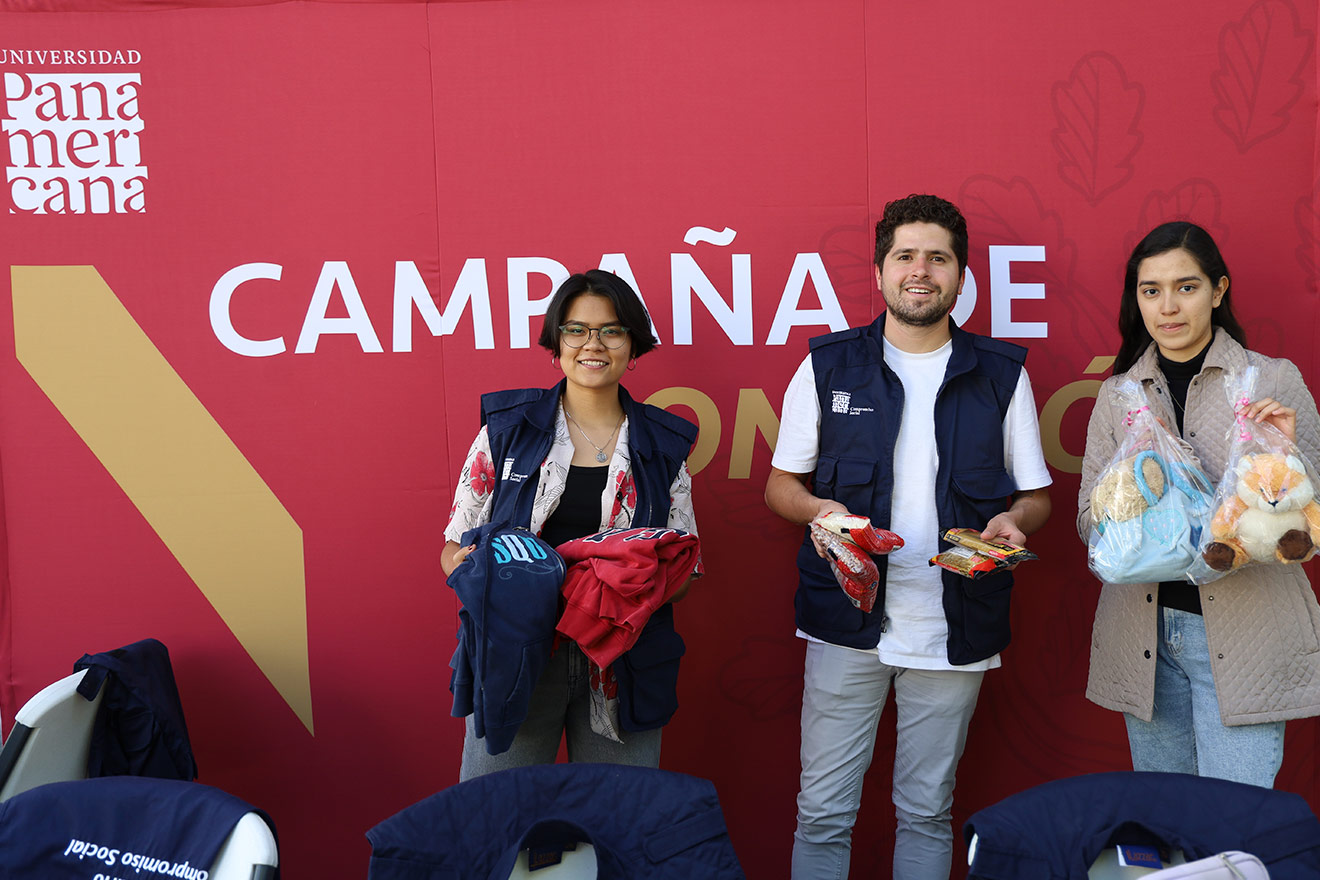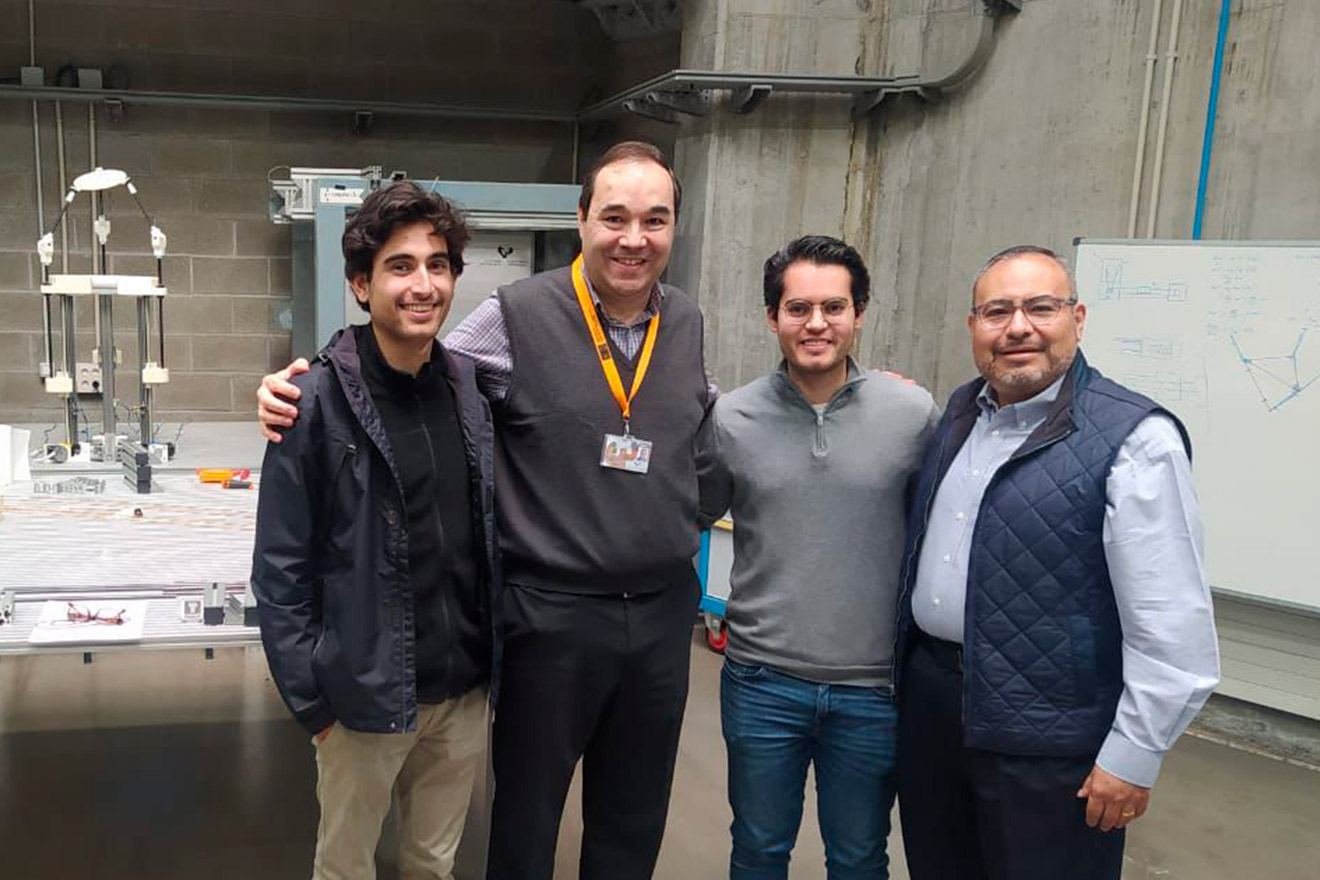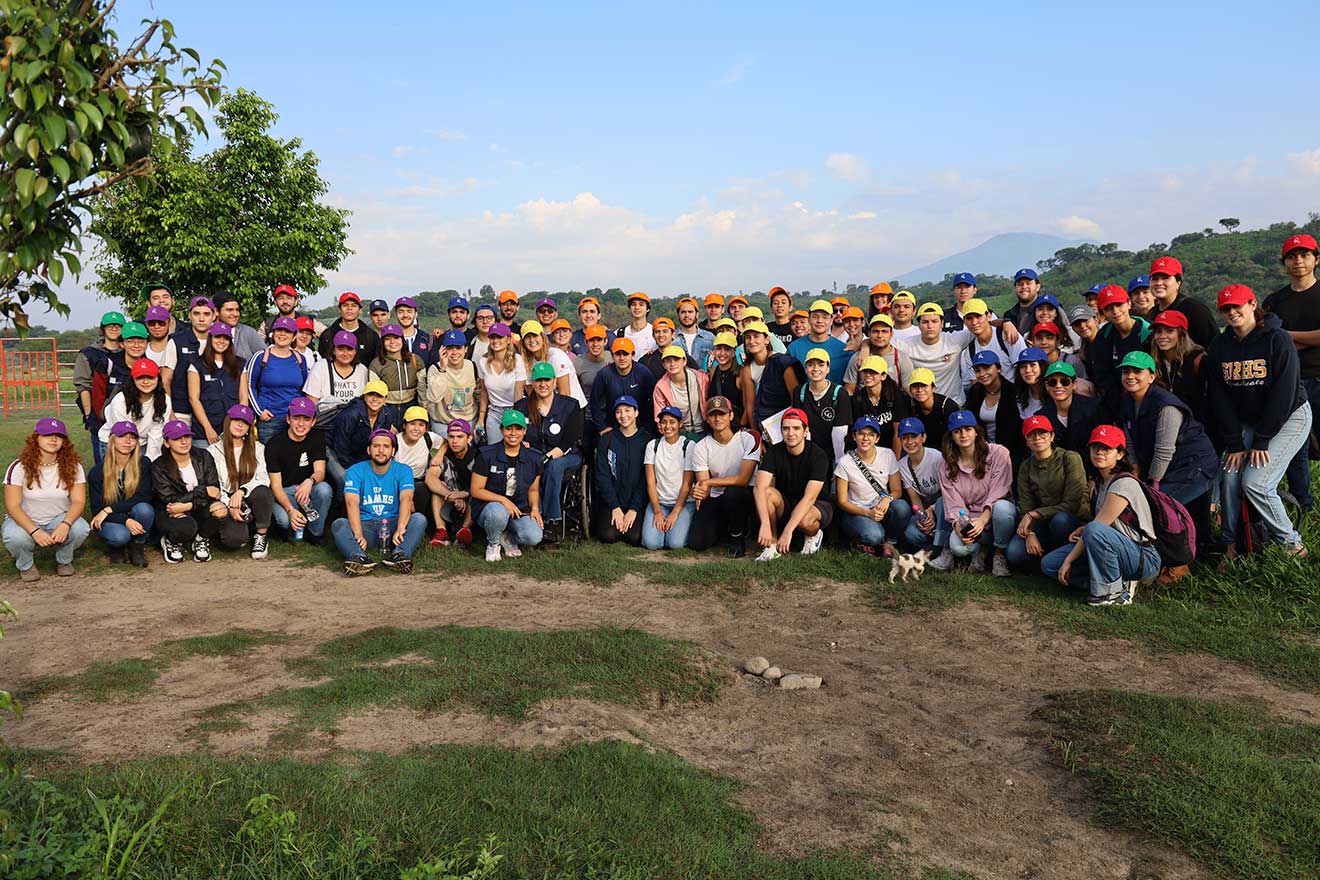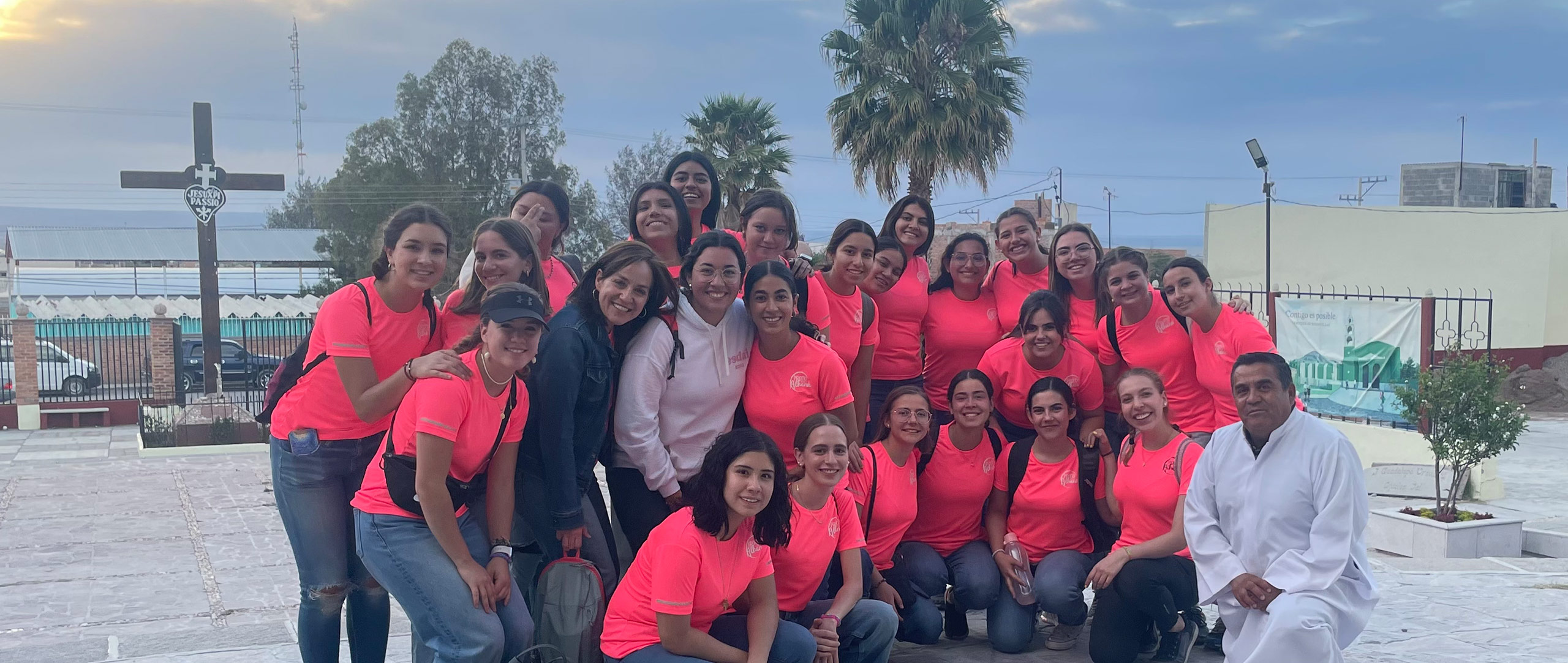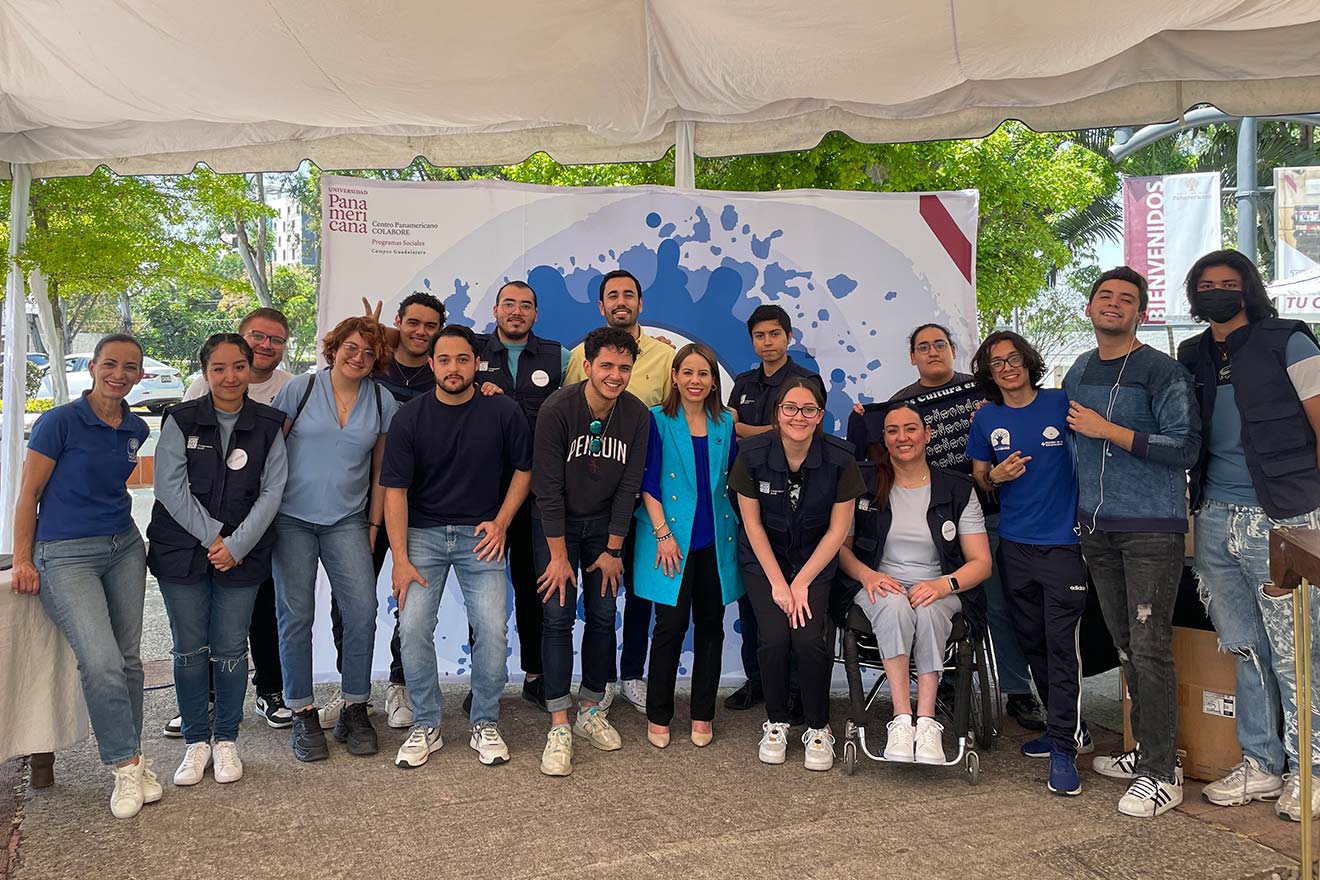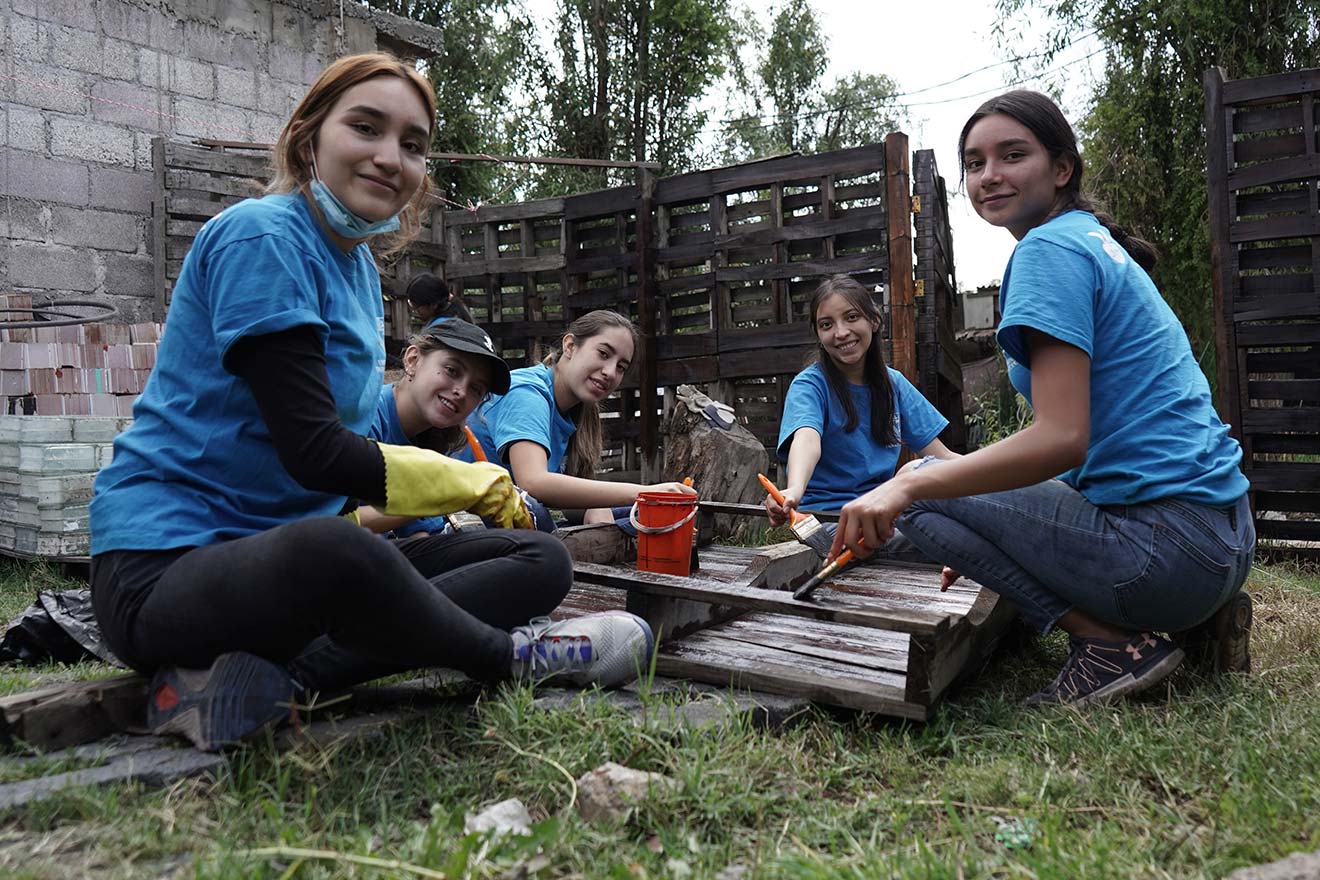Is economic inclusion for migrants with refugee status possible? The research project Sustainable Gardening for Poverty Reduction and Cultural Preservation not only attempts to answer this question, but also seeks to achieve it through sustainable gardening activities.
The project is jointly directed by Kent State University and Universidad Panamericana. At Kent State, the project is led by Sarah Schmidt, thanks to whom this project became a joint effort. At Panamericana, Dr. Salvador Rivas Aceves, research professor within the School of Economics and Business, Mexico campus, directs the research.

Both universities decided to form a multidisciplinary research group, consisting mainly of students. “The students at Kent State come from the Schools of Business, Engineering, Environmental Sciences, Biology, and International Relations. At UP, we have students from Engineering, Government, and Economics,” says Dr. Rivas.
A problem that requires a solution
The School of Economics and Business Administration’s research professor explains that, in recent years, the migratory flow from the southern part of the American continent has grown significantly. According to UN figures, around 87% of migrants do not return to their countries of origin.
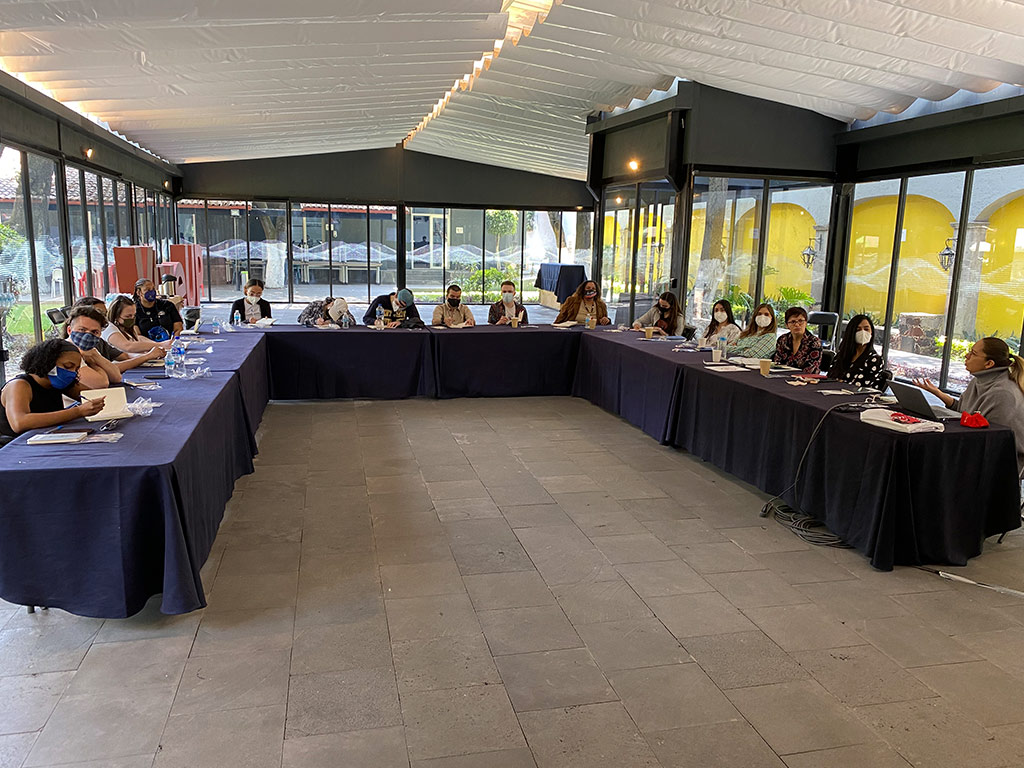
This implies that a large number of migrants remain in the United States and Mexico, which is why both nations have expressed concern about how to integrate these people into our societies.
“This is why the project arose, to identify new ways of integrating them, while preserving their culture and creating economic inclusion,” Dr. Rivas notes.
He also points out that, since sustainable gardening is an economic activity that requires little specialization and no professional education, it is ideal for achieving economic inclusion, in addition to the fact that many of the migrants have some experience.
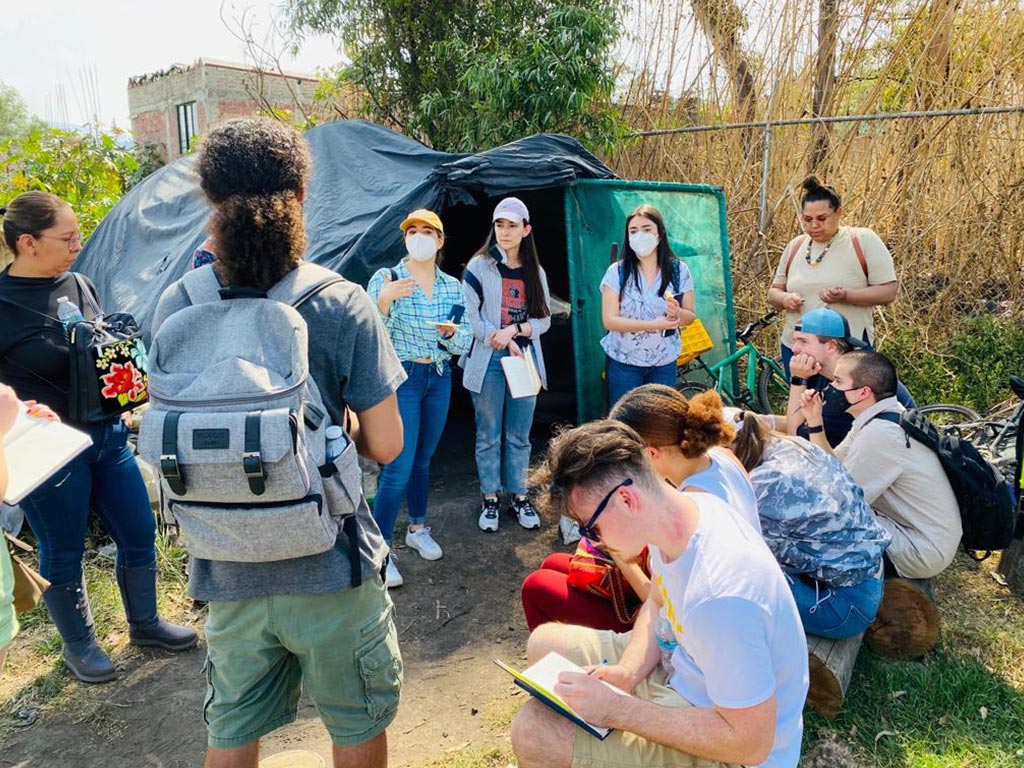
From theory to practice
The project’s methodology consists of in-depth interviews with migrants, farmers, and/or migrant farmers from both Mexico City and Ohio, in which information was gathered to detect related effects between gardening and economic inclusion.
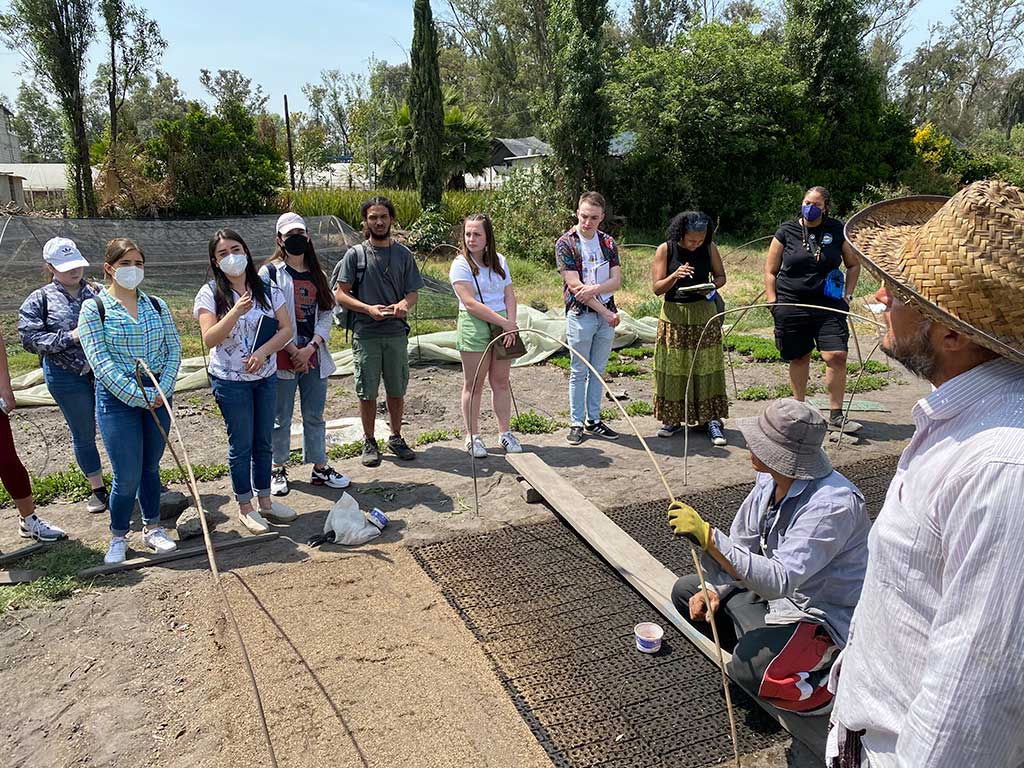
“Students were in charge of conducting the interviews, translating and interpreting the information, and identifying problems and solutions based on the data. Both universities were in charge of the logistics, design, and implementation of the project in their respective locations,” Salvador detailed.
In Mexico City, during the month of March, the project was applied in the Chinamperos of Lake Xochimilco, as well as with refugees of the United Nations who are living in Mexico City.
In June, the project was implemented at Amish, Shanti, and non-profit farms in Ohio involved in food production and distribution, and “migrants are participating in all of them,” Dr. Rivas emphasized.
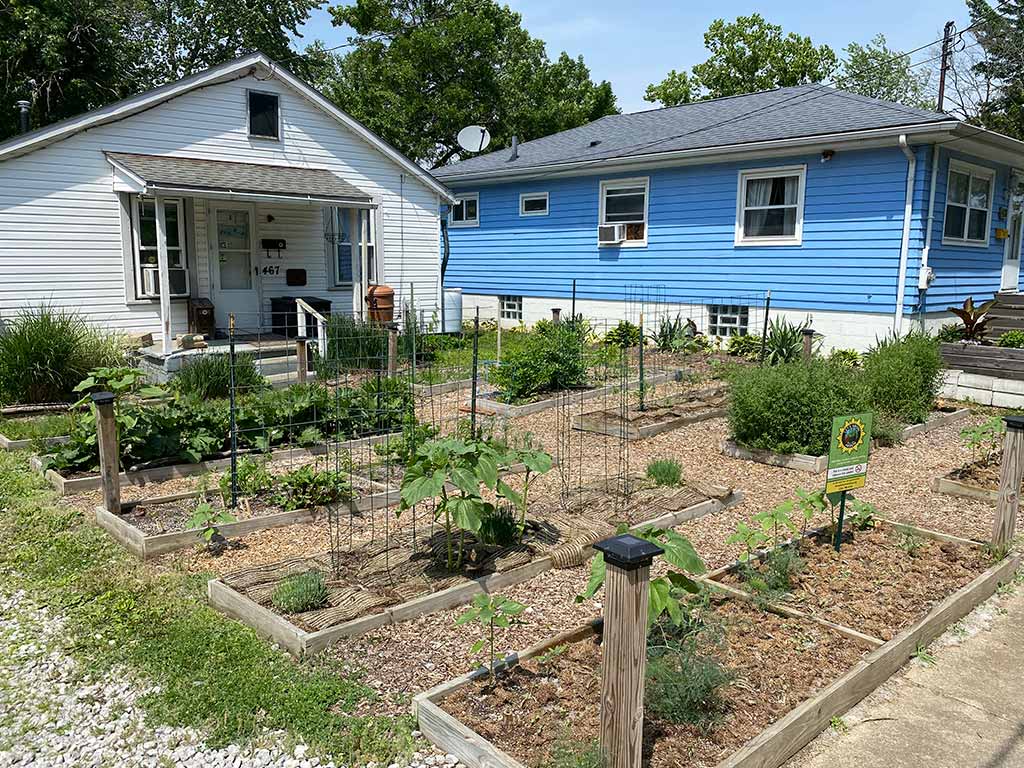
In Salvador’s opinion, the relevance of this project lies in “being able to identify the types of activities that produce greater economic inclusion for people with low income levels, particularly for migrants whose refugee status is undoubtedly a determining factor for social integration.”
Next steps
Sustainable Gardening for Poverty Reduction and Cultural Preservation is currently in the policy design phase to link the migrant community with agricultural gardening activities.
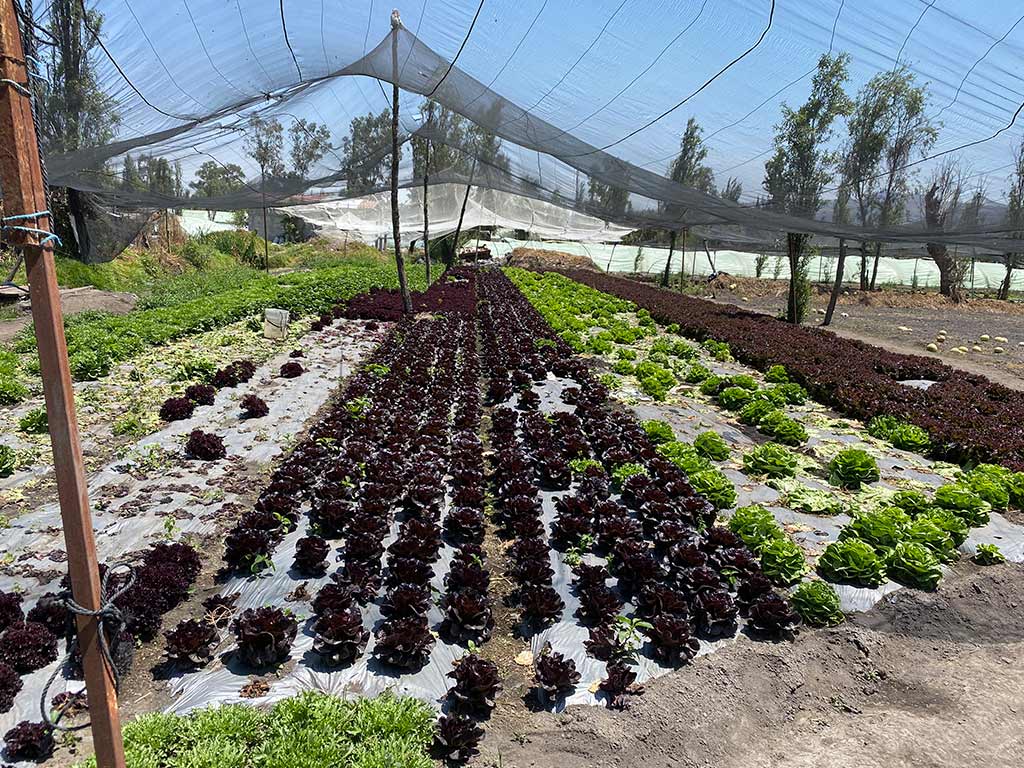
The goal is to increase the number of people participating in these activities and improve production, while at the same time replace the lack of technology on farms, thus promoting greater employment of migrant labor.
“With this, income improves, and the social integration of migrants becomes easier. Obtaining a job that, in addition, preserves their traditions and culture, allows them to feel useful” concludes Dr. Rivas.
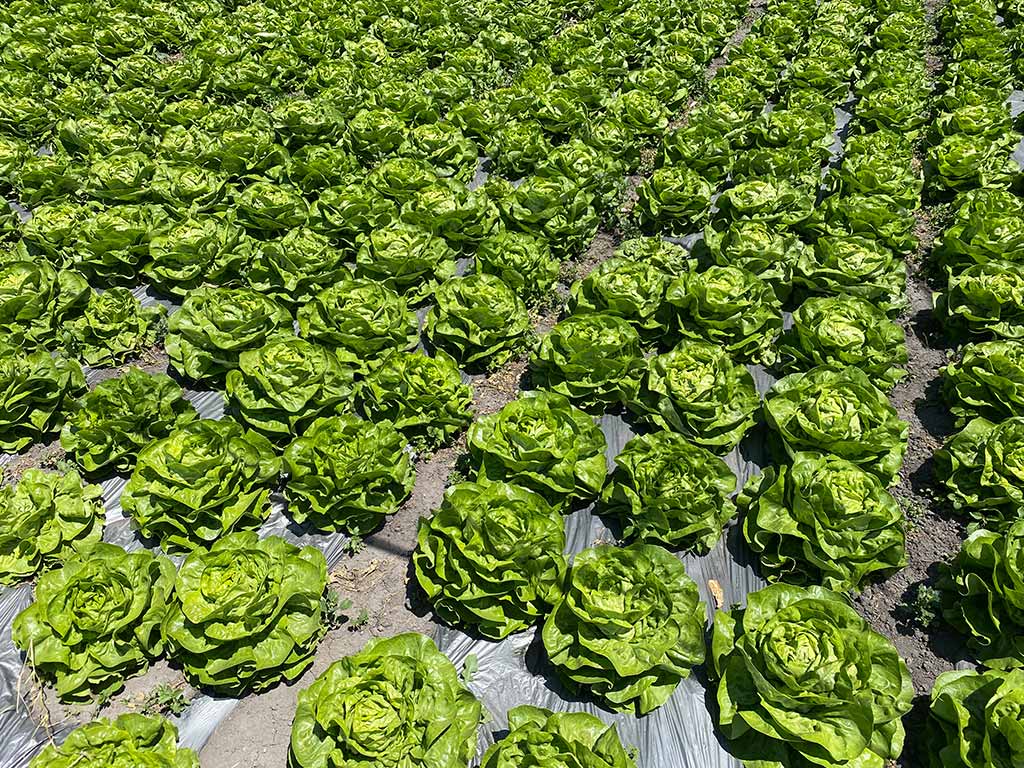
About the researcher:
Dr. Salvador Rivas Aceves
Research Professor at the School of Economics and Business Administration, Universidad Panamericana, Mexico City Campus



